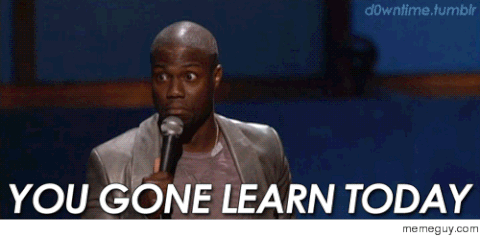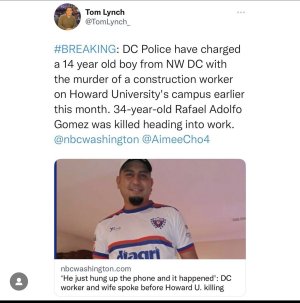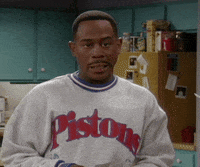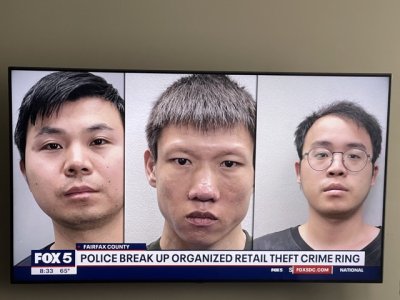So again, the whole, "Don't bring up black on black crime because they are the same speaking points from the Racist Right."
It's 2024 Fam...
Don't bring up "black-on-black" crime because "black-on-black" crime is a myth...
"Many writers, notably
Slate’s
Jamelle Bouie and
Natalie Hopkinson for
The Root, have done a tremendous service exposing the term as such. They correctly point out that what’s referred to as “black-on-black violence” is really a by-product of residential segregation and concentrated poverty: Black homicide offenders don’t kill people because they have dark skin, like a Klan member would. This may seem obvious, and yet the myth of black-on-black crime persists."
Clearly, though, there's more work to be done on the use of this highly charged phrase. Understanding the term’s origins helps further explain why it is so stubbornly entrenched in the public lexicon.
In December of 1970, Chicago Daily Defender columnist Warner Saunders
wrote about getting invited to speak at a seminar on black-on-black crime. To prep for the talk, he caught up with a neighborhood hustler named “Fast Willie” and asked him why he “robbed and beat up black people who are brothers.” Willie’s response was an early indication of what we need to know about the supposed “black-on-black” phenomenon:
We go where the business is and where the man ain’t looking. Can you see me going up to Deerfield, black as I am, trying to stick up? The man would be on me so fast I couldn’t get a chewing gum wrapper. Out here the man is too busy whooping them Panthers and giving tickets to mess with me. Any way, he don’t care if ******s get ripped off. But you can bet he’s watching his ‘thang’ back in his own ‘hood.’
Deerfield is a north Chicago neighborhood that’s historically been predominantly white, and is
96 percent white today. The rest of Willie’s testimony is self-explanatory: He commits crimes against other African Americans because that’s who lives around him—and that’s what police will let him get away with.
Jesse Jackson also saw things playing out this way, and in that year
rebuked white government officials and mainstream media for “their silence and ineffectiveness in dealing with the present black-on-black crime crisis,” while applauding the
Chicago Daily Defender for its “courageous challenge of black-on-black crime.”
Jackson was complaining to local and state officials that the criminal justice system had been punishing black criminal suspects more harshly when their victims were white as opposed to when the victims were black. Pointing to the “killing of more than 70 black youths” that year, Jackson was illuminating a paradox that remains with us today: That black neighborhoods are often simultaneously
underpoliced and overpoliced, with black victims of violence less likely to receive justice, as
Mother Jones’ Edwin Rios and
The Nation’s Kai Wright
recently reported.
He commits crimes against other African Americans because that’s who lives around him—and that’s what police let him get away with.






 …But generally crime happens in proximity and this a an extremely segregated country so folks of the same race will harm each other more than other ppl cuz that’s who they are around and see every day it’s really not that complicated or deep
…But generally crime happens in proximity and this a an extremely segregated country so folks of the same race will harm each other more than other ppl cuz that’s who they are around and see every day it’s really not that complicated or deep



































